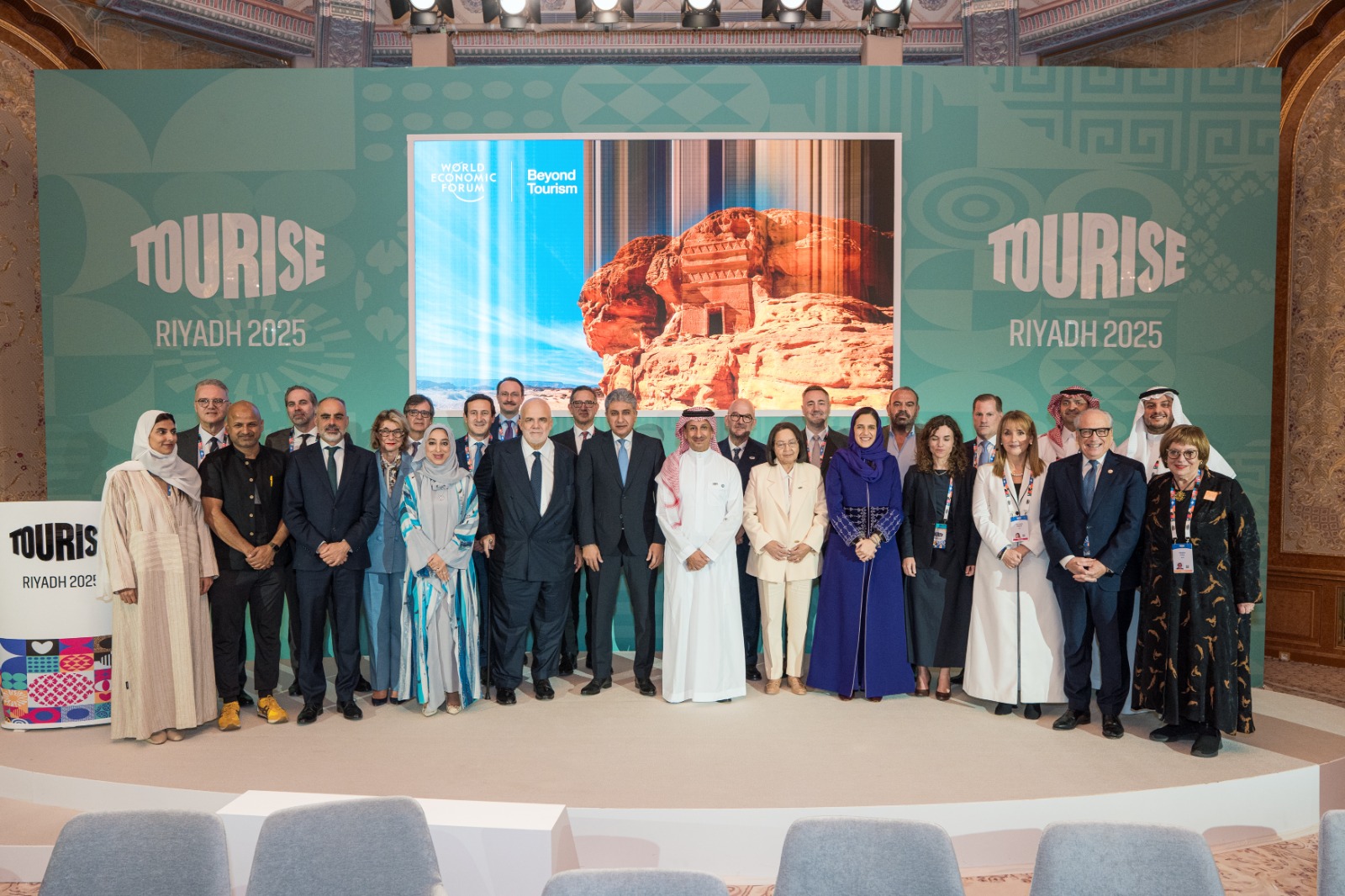
Qaiser Nawab
In a world grappling with the escalating consequences of climate change, the voices of youth are increasingly being recognized as not just valuable, but indispensable. This was vividly illustrated during the Pakistan Climate Youth Leaders Roundtable held in Islamabad on May 11, 2024. The gathering united young leaders from across the nation, providing them with a platform to discuss and devise strategies for combating the pressing environmental crisis that threatens their future.
The urgency for action is clear. Young people, as the most impacted by climate change, have a unique stake in the outcomes of current environmental policies. Their future, quite literally, hangs in the balance. This recognition fueled the passionate discussions at the roundtable, where youth leaders affirmed their commitment to leading climate change diplomacy and pushing for transformative policies at the highest levels.
“At the heart of today’s discussions lies the acknowledgment that youth are not just the leaders of tomorrow, but the leaders of today,” remarked Mr. Qaiser Nawab, a prominent global climate youth leader who shared his insights at the roundtable. His words underscore a crucial truth: the need for immediate and decisive action cannot be overstated, and the youth must be at the forefront of this movement.
The roundtable served as more than just a forum for dialogue; it was a catalyst for action. The young leaders who convened in Islamabad did so with a shared aspiration to engage directly with the COP-29 presidency. These individuals represent the vanguard of a new era of climate activism, characterized by knowledge, resilience, and a steadfast dedication to creating real change for themselves and future generations. They are informed, smart, and, above all, united in their commitment to safeguarding the planet.
“Youth have historically been manipulated by various stakeholders for their own interests, but today’s youth are different,” emphasized a participant at the roundtable. “We are informed, we are smart, and above all, we are united in our commitment to safeguarding our planet for generations to come,” Mr. Nawab reiterated. This sentiment captures the spirit of a generation determined to overcome past exploitations and drive forward with a clear, independent vision for a sustainable future.
Yet, amid these discussions, a crucial dimension emerged: the intersection of climate change and social justice. Ms. Zarka, President of “THE” Society International (Together for Health and Education), highlighted the disproportionate impact of climate-induced disasters on marginalized communities, particularly women and children. “We cannot ignore the stark reality that women and children bear a disproportionate burden of the climate crisis,” she stated. “From the heightened risks during childbirth to the exacerbation of malnutrition among children due to floods, the toll is devastating.”
This call to action emphasizes that climate policy cannot be viewed in isolation. It must incorporate a robust social justice framework that ensures the voices of all affected groups are heard and considered. The roundtable participants echoed Ms. Zarka’s sentiment, advocating for an inclusive approach that amplifies the voices of women, children, transgender individuals, animal activists, and all other marginalized groups. The message is clear: decisions about our future should not be made behind closed doors by a select few. Instead, they should reflect the diverse perspectives and experiences of all segments of society.
Ms. Fizza Hameed, a climate researcher and policy analyst, added another layer to this discussion by emphasizing the need for youth to advocate for the capacity building of local and Provincial governments. “Youth need to engage with their respective local and Provincial governments to drive sustainable climate action and strive for sustainable development in Pakistan,” she urged. This is particularly pertinent given the 18th Amendment, which devolved the subject of Youth and Climate Change to Provincial governments. Strengthening these local institutions is essential for effective and localized climate action.
The presence of these youth leaders in Islamabad marks a pivotal moment in the fight against climate change. Their collective voice, imbued with hope and determination, advocates for bold and transformative action on the global stage. As they prepare to engage with the COP-29 presidency, their message is one of solidarity and a call for urgent action.
But what does this mean in practical terms? For one, it requires a paradigm shift in how we approach climate policy. Youth leaders are calling for a move away from top-down decision-making processes dominated by a few older, often disconnected, policymakers. Instead, they advocate for a participatory approach that values the insights and experiences of young people and other marginalized groups.
This shift also necessitates substantial investments in education and capacity building. Young people need the tools and knowledge to understand the complexities of climate science and policy. They also need platforms and opportunities to engage with policymakers at all levels. This includes not just national and international forums, but also local and provincial government structures, where many of the most impactful decisions are made.
Moreover, the integration of social justice into climate policy is not just a moral imperative; it is a practical necessity. Climate change does not affect everyone equally. Marginalized communities, particularly women and children, are often the hardest hit. Any effective climate policy must address these disparities and work towards equitable solutions that uplift all members of society.
The Pakistan Climate Youth Leaders Roundtable has set a powerful precedent. It has shown that young people are not only ready to lead the fight against climate change, but they are also equipped with the knowledge, passion, and resilience needed to drive meaningful change. As the world looks ahead to COP-29, the voices of these youth leaders will serve as a beacon of hope and determination, advocating for a more sustainable and equitable future.
The youth of Pakistan, and indeed the world, are stepping up to claim their rightful place in the fight against climate change. They are calling for inclusive, just, and sustainable policies that reflect the realities of all affected communities. Their message is clear: Say no to decisions made behind closed doors by a select few. Say yes to the voices of youth, women, children, and all marginalized groups. Together, we can build a future that is not only sustainable but also just and equitable for all.
Author Bio:
Qaiser Nawab, a dynamic Global Climate Youth Leader, played an active role in the proceedings of COP- 26, 27 and 28. For further contact, he can be reached at [email protected].






